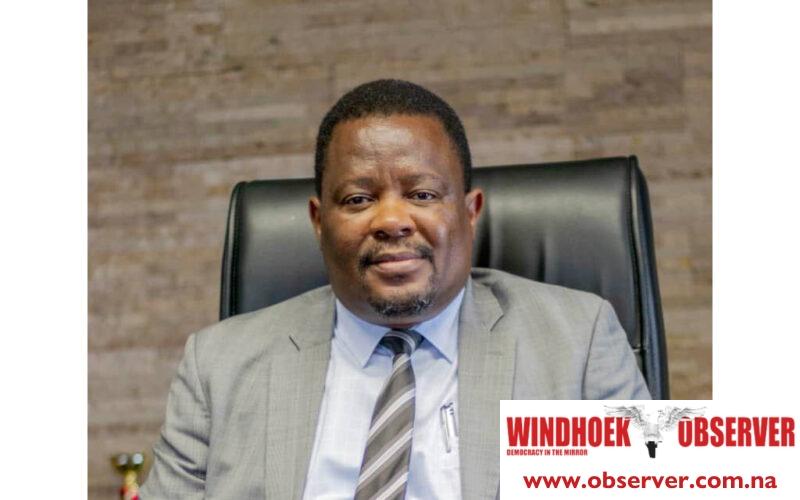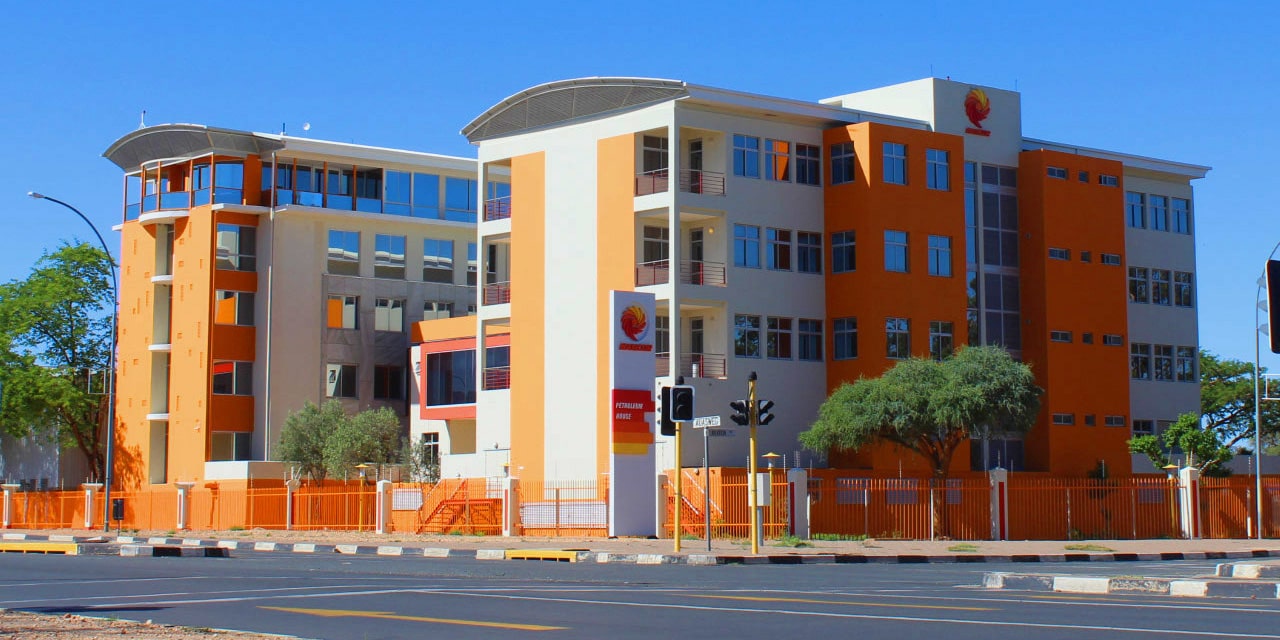Martin Endjala
Robert Kahimise, the Chief Executive Officer of the Electricity Control Board (ECB), has disclosed that the implementation of the Electricity Distribution Industry (EDI) reform faced significant challenges, including revenue losses incurred by Local Authorities and Regional Councils.
Kahimise made this announcement while presenting the outcomes of the recently concluded EDI summit held in Windhoek from November 16th to 17th, 2023.
The primary objective of the summit was to review government policies concerning the establishment of the remaining Regional Electricity Distribution (RED) companies and to address the deficiencies in the legal and regulatory framework, local authority surcharges, and the viability of these companies.
The overarching goal of the EDI reform, in accordance with government policy, is to consolidate distribution licenses and create economies of scale to enhance sector efficiency for long-term sustainability.
“During the summit, various challenges hindering the EDI reform’s implementation were identified. These obstacles have prevented the reform’s completion. Key challenges include revenue loss incurred by Local Authorities and Regional Councils, the absence of a funding framework for these entities after the establishment of the REDs,” Kahimise explained.
He continued, “Other challenges discussed encompassed the lack of a legal framework governing the establishment of REDs, perceived high tariffs attributed to the REDs’ establishment, irregular distribution of dividends by REDs, low local authority surcharges, tariff and local authority surcharge harmonization issues, and low electrification rates.”
“While the majority of stakeholders expressed support for completing the establishment of the remaining REDs to conclude the EDI reform, the summit determined that several interventions are needed before the reform can proceed. Stakeholder recommendations included financial impact assessments by Local Authorities and Regional Councils before joining a RED, an increase in subsidies from the Central Government to support these entities,” Kahimise elaborated.
Kahimise outlined additional actions to facilitate the EDI reform, including the development of a regulatory framework by the Electricity Control Board for the RED establishment, the provision of expertise or dedicated officials to assist struggling Local Authorities in understanding tariff methodologies and compliance, harmonization of local authority surcharges, and the implementation of the National Electrification Policy, with a focus on electrification in townships and rural areas.
“The shareholding structure of all REDs will undergo review to ensure good governance, with all Local Authorities and Regional Councils having direct shareholding in these companies,” Kahimise concluded.




